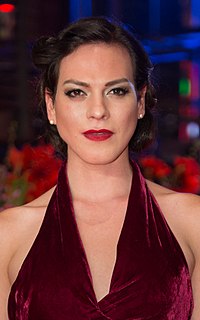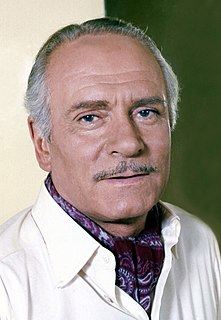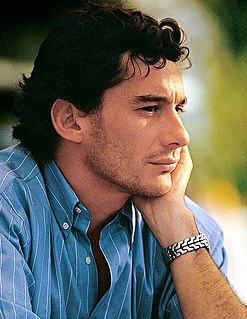A Quote by Karen Armstrong
He [Aristotle] pointed out that people who had become initiates in the various mystery religions were not required to learn any facts 'but to experience certain emotions and to be put in a certain disposition.' Hence his famous literary theory that tragedy effected a purification (katharsis) of the emotions of terror and pity that amounted to an experience of rebirth.
Related Quotes
But when there were certain moments or scenes that required a very specific nuance or performance, I myself would act out the scene or the sequence and that would inspire the actors. Of course, I can't really express emotions on camera, but I was very active in showing a certain action or a blocking for an actor. I would also participate in certain stunts myself and because of that, I would get bruises or cuts on my knees and elbows.
My choice of colors does not rest on any scientific theory; it is based on observation, on feeling, on the experience of my sensibility. Inspired by certain pages of Delacroix, an artist like Signac is preoccupied with complementary colors, and the theoretical knowledge of them will lead him to use a certain tone in a certain place. But I simply try to put down colors which render my sensation.
I once did a radio program with a famous materialist, that is to say a scientist who believed that absolutely everything was physical and that all emotions were reductive to little electrical impulses in your neurons. And I found that I didn't believe that. But what the emotions really are, I don't have an alternative theory.
Respect begins with this attitude: "I acknowledge that you are a creature of extreme worth. God has endowed you with certain abilities and emotions. Therefore I respect you as a person. I will not desecrate your worth by making critical remarks about your intellect, your judgment or your logic. I will seek to understand you and grant you the freedom to think differently from the way I think and to experience emotions that I may not experience." Respect means that you give the other person the freedom to be an individual.






































